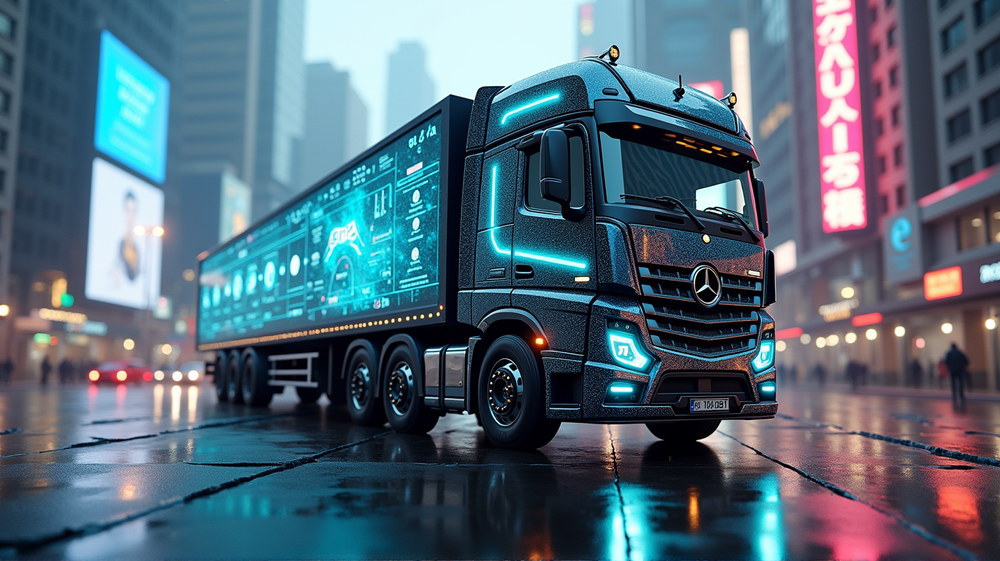The Evolution of Trucking in a Digital Age
In an era where technology seemingly governs every facet of our lives, the trucking industry finds itself at a crossroads. As new digital platforms rise, have they simply added convenience, or is there a more complicated story under the hood? Jared, a seasoned trucker, offers a glimpse into the profound shifts that technology has enacted in his profession. Gone are the days of payphones and pagers; today, a digital screen is as crucial as the steering wheel.
The Uberisation of Freight
The digital revolution in trucking mirrors the transformation seen in other industries, with a particular mention of the “Uberisation” phenomenon. Digital platforms now match truckers with cargo, streamlining the process but also influencing wages. As stated in BBC, although the process is more efficient, truckers like Jared recount how a typical route might yield significantly less pay than in previous years, affected by platforms driving prices downward.
Platforms That Shape the Future
Eric Beckwitt of Freightera stands as a proponent of digital trucking services, arguing their advantages in terms of reliability and efficiency. His company relies less on dictating pricing and more on empowering truckers to determine their rates. As the technology matures, companies like Freightera envision a world where AI optimizes routes and logistics, reducing carbon footprints—a crucial point considering trucking’s significant contribution to CO2 emissions.
The Global Embrace of Digital Trucking
It’s not just Canada welcoming this shift. In Africa, platforms like LORI exemplify how digital logistics have scaled, ensuring that trucks aren’t empty and that resources are utilized efficiently. This worldwide embrace underscores the allure of tech-driven transformations across different continents.
The Looming Threat of Automation
While digital innovations promise efficiency, the specter of automation raises questions. With technology advancing rapidly, AI-driven trucks are not far from becoming operational, threatening to upend the traditional roles truckers play today. Yet, as Jared optimistically views it, the human touch in trucking has longevity—a sentiment echoed by many in the industry.
Trucking’s journey with technology reflects a broader narrative of coexistence and tension between tradition and innovation. While it transforms industry landscapes, the ripple effects on livelihoods are felt across borders, industries, and personal stories alike.













